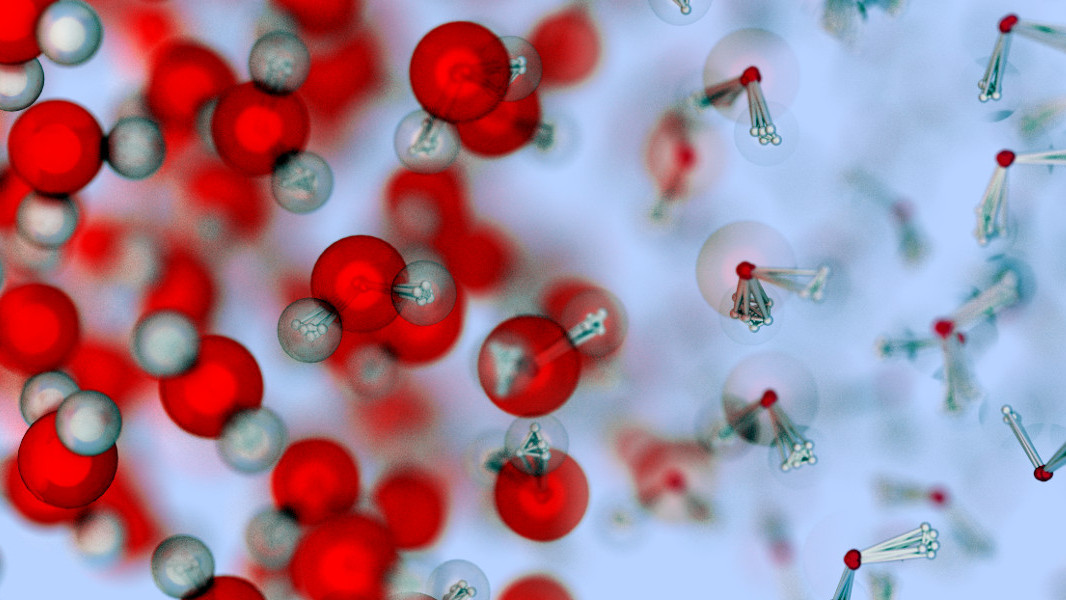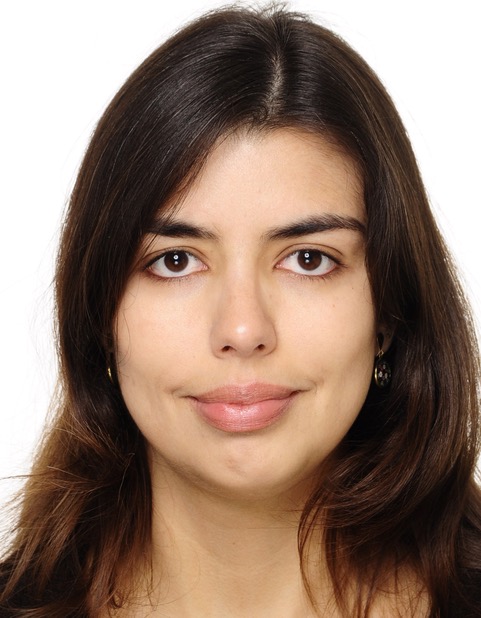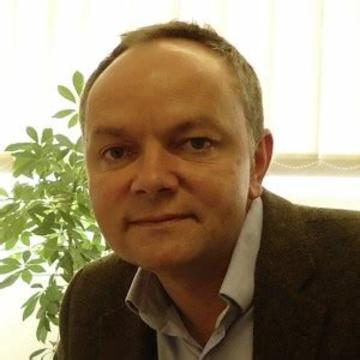About This Course
The course provides an introduction to the use of path integral methods in atomistic simulations.
The path integral formalism allows to introduce quantum mechanical effects on the equilibrium and (approximately) time-dependent behavior of atomic nuclei, which is relevant from cryogenic temperatures to room temperature and above, particularly for systems that contain light elements.
The course is conceived as a series of lectures on topics of increasing difficulty and specialization. For each topic, the complete course will provide a set of lecture notes, complete with pen-and-paper exercises, recorded lectures, and practical exercises based on jupyter notebooks and an advanced molecular dynamics code. The various chapters and content will appear in the coming months, as they become ready.
- Molecular Dynamics and Sampling - Michele Ceriotti, EPFL
- The basics of path integrals - Mariana Rossi, MPG Hamburg
- Advanced path integral methods - Thomas Markland, Stanford
- Ring Polymer molecular dynamics - David Manolopoulos, Oxford
- Colored-noise methods - Michele Ceriotti, EPFL
- Adiabatic ring-polymer rate theory - David Manolopoulos, Oxford
- Non-adiabatic ring-polymer rate theory - David Manolopoulos, Oxford
Course Staff
Michele Ceriotti
Michele Ceriotti received his Ph.D. in Physics from ETH Zürich. He spent three years in Oxford as a Junior Research Fellow at Merton College.
Since 2013 he leads the laboratory for Computational Science and Modeling, in the institute of Materials at EPFL.
His research interests focus on methods for molecular dynamics and quantum simulations, the development of machine-learning techniques for the study of complex systems at the atomistic level, and their application to problems in chemistry and materials science.
Mariana Rossi
Mariana was born in Brazil and studied Physics (bachelor and masters) in the University of São Paulo. She then did her Ph.D. in the Fritz Haber Institute of the Max Planck Society, Germany, under the supervision of Prof. Volker Blum and Prof. Matthias Scheffler. In her post-doc years, she worked at the University of Oxford with Prof. David Manolopoulos and at the École Polytechnique Fédèrale de Lausanne with Prof. Michele Ceriotti. From 2016 to 2020, she led the independent Otto Hahn Group "Simulations from Ab Initio Approaches" in the Fritz Haber Institute, Berlin. From January 2020, she moved into a tenure-track position as head of a Lise Meitner Group in the Max Planck for Structure and Dynamics of Matter in Hamburg. Her research interests lie in the area of atomistic quantum-mechanical simulations of complex materials.
Thomas Markland
Tom Markland received his MChem in Chemistry from Balliol College, University of Oxford where he was a Brackenbury Scholar and did his thesis work in the area of non-adiabatic dynamics. He continued at Oxford for his DPhil research in the area of quantum dynamics under the supervision of David Manolopoulos. In 2009 he was awarded the Royal Society of Chemistry's Coulson Prize. After postdoctoral work with Bruce Berne at Columbia University he moved to Stanford in 2011 as an Assistant Professor in the Department of Chemistry. In 2018 he was promoted to Associate Professor with tenure. Since starting at Stanford he has been awarded a Research Corporation Cottrell Scholarship, Alfred P. Sloan Research Fellowship, Terman Fellowship, Hellman Faculty Scholarship, the ACS OpenEye Outstanding Junior Faculty Award, the NSF CAREER award, the Camille Dreyfus Teacher-Scholar award, the H &S Dean's Award for Distinguished Teaching, the Kavli Emerging Leader in Chemistry Lectureship, and the ACS Early Career Award in Theoretical Chemistry.
His research interests lie broadly in the development of theoretical and simulation approaches and their application to explain effects observed in the classical and quantum dynamics of chemical systems.
David Manolopoulos
David Manolopoulos obtained a BA in Natural Sciences from Cambridge in 1984, and a PhD under the supervision of David Clary in 1988. After completing postdoctoral work at the University of Texas at Austin, he moved to a lectureship in Physical Chemistry at the University of Nottingham in 1990, and to a lectureship in Physical and Theoretical Chemistry at Oxford in 1995. He became a Professor of Theoretical Chemistry in 2005.
David’s research in chemical dynamics has been recognised by several awards, including the Marlow Medal of the Royal Society of Chemistry (1995), the Corday-Morgan Medal (1997), the Chemical Dynamics Award (2009), and the Annual Prize of the International Academy of Quantum Molecular Science (2000). He was elected a Fellow of Royal Society in 2011 and a Member of the International Academy of Quantum Molecular Science in 2013. He has been an Associate Editor of the Journal of Chemical Physics since 2008, and a Deputy Editor since 2015.
Venkat Kapil
Venkat Kapil obtained an integrated 5-year M.S. in Chemistry from the Indian Institute of Technology Kanpur, India, in 2015 and a Ph.D. in Materials Science in 2020 under Michele Ceriotti at the Swiss Federal Institute of Technology Lausanne (EPFL), Switzerland. He worked independently as a visiting research fellow at the Theory Sector, Yusuf Hamied Department of Chemistry, University of Cambridge, until April 2022, funded by a Swiss National Science Foundation Mobility Fellowship, and is currently an Oppenheimer Research Fellow at Yusuf Hamied Department of Chemistry, University of Cambridge, in close collaboration with Prof. Angelos Michaelides. In 2020, Venkat was awarded a Sydney Harvey Junior Research Fellowship at Churchill College, University of Cambridge. Venkat's research revolves around developing and applying advanced simulation techniques to simulate molecular materials, notably molecular crystals in bulk and nanoconfinement, using laws of quantum mechanics by combining high-level electronic structure, quantum statistical mechanics, and machine learning.






